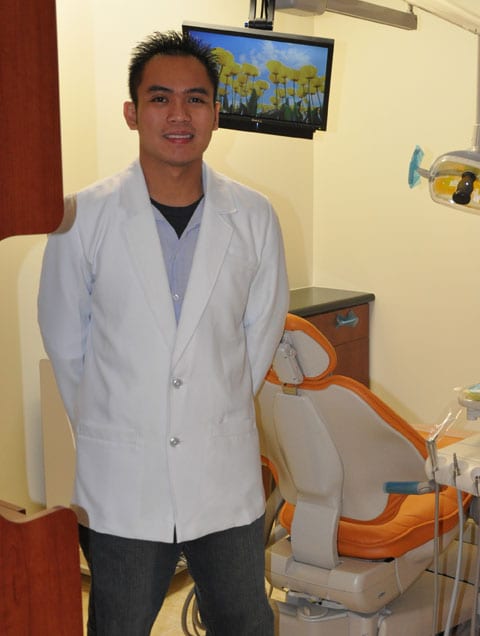Dental implants are the gold standard for damaged teeth due to their long life and ability to reverse tooth loss completely. These restorative devices have helped hundreds of people with severely decaying teeth find a way to appreciate their smiles again and give themselves a second chance at caring for their teeth. Dental implants aren’t always for everyone, and while the procedure itself can provide people with restorations that last a lifetime, implants aren’t always the best solution. If you’re wondering if dental implants could help restore your smile, then let us help you choose the right implant and make the best-informed decision for you.
What to Know About Dental Implants
Implants are artificial roots made of metal in the shape of screws. These devices are placed inside the jawbone through the gums to bond with the natural bone and act as support for the synthetic tooth. The connector between the implant and tooth, known as the abutment, is placed on top of the implant to support the tooth, and the tooth (also known as a crown) is then made to match your natural teeth and is fitted securely into your mouth. The process of installing the implant and attaching the synthetic crown allows for your jawbone to fuse to the implant, creating one of the strongest devices for supporting replacement teeth.
However, dental implants come with some caveats; implants require a healthy, strong jawbone and infection-free gums to be successful. For those with unhealthy teeth and gums, the persistent tooth decay and gum disease can create tooth loss, and that tooth loss causes the internal structure of your mouth to change drastically. When the teeth shift to accommodate the missing teeth, the jawbone suffers greatly from that damage, causing the jawbone to wear down completely.
Bone graft procedures can help restore bone mass loss in the jaw and strengthen the bone over time. This surgical procedure requires transplanting healthy bone mass from another area of the body and moving it to the affected areas, allowing the jawbone to fuse to the grafted material. Many implant placement options don’t require bone grafts; for instance, all-on-four treatments use four implant posts to maximize the contact between the posts and jawbone, creating a highly successful bone fusion.
If you are considering implants, your dentist will allow you to choose and recommend various options:
- Endosteal Implants – Endosteal implants are suited for patients with a healthy jawbone and are the most commonly used type of implant by dentists because of their long life and stability.
- Subperiosteal Implants – Subperiosteal implants use the gums instead of the jawbone to support the implant. These implants are an excellent option for those who cannot use bone augmentation or sinus augmentation.
- Zygomatic Implants – Zygomatic implants are placed in the patient’s cheekbone and are used as a replacement procedure for endosteal implants.
To learn about what implant options would work best for you, and see if implants are the right choice to help treat your teeth, please contact Dr. Reynaldo Barbon at Superb Dental Care in Pasadena, CA, to schedule an appointment today.












